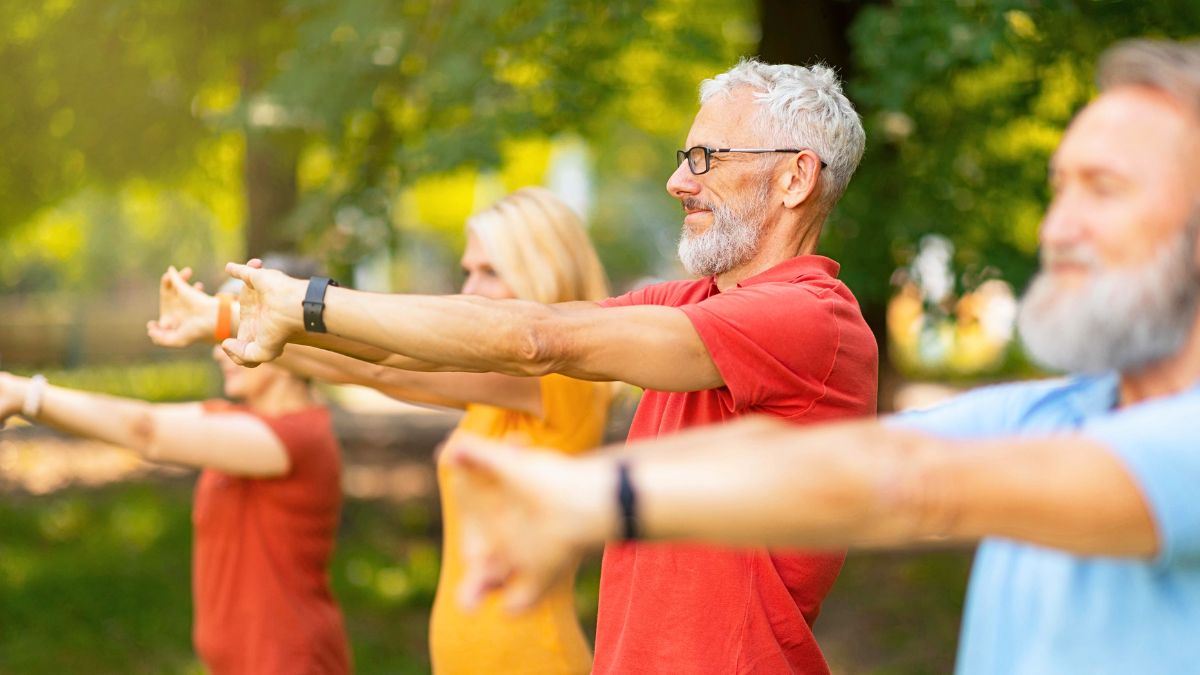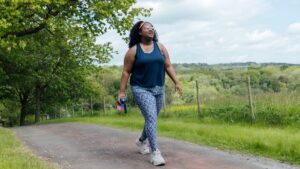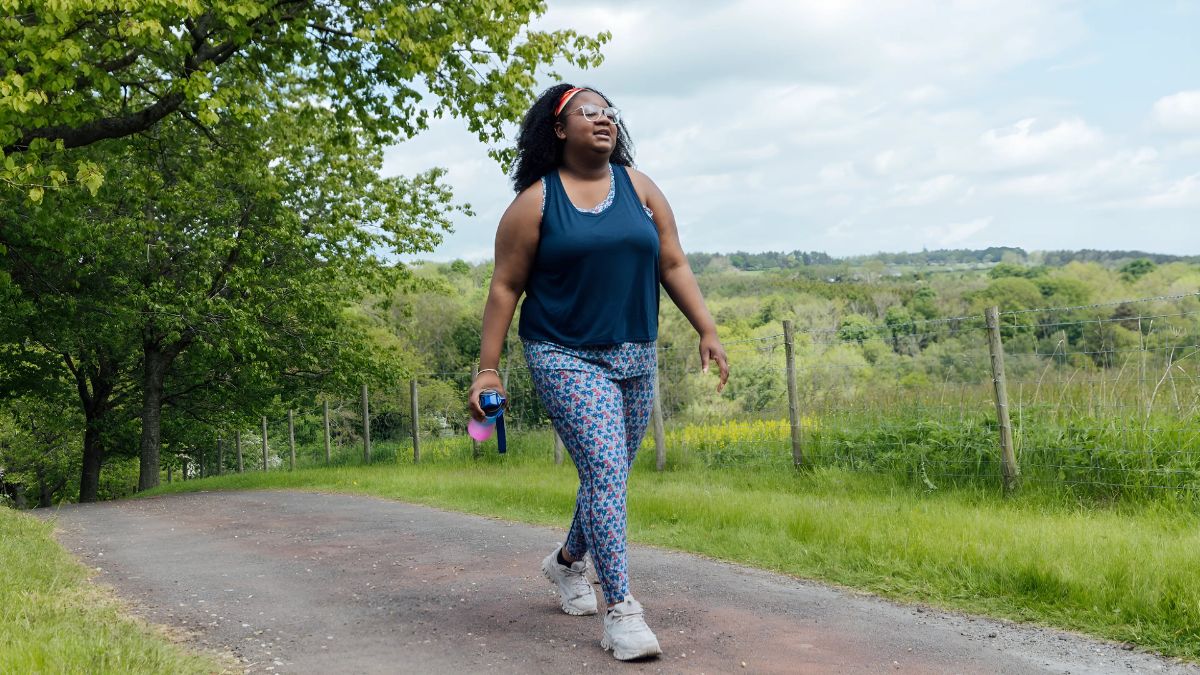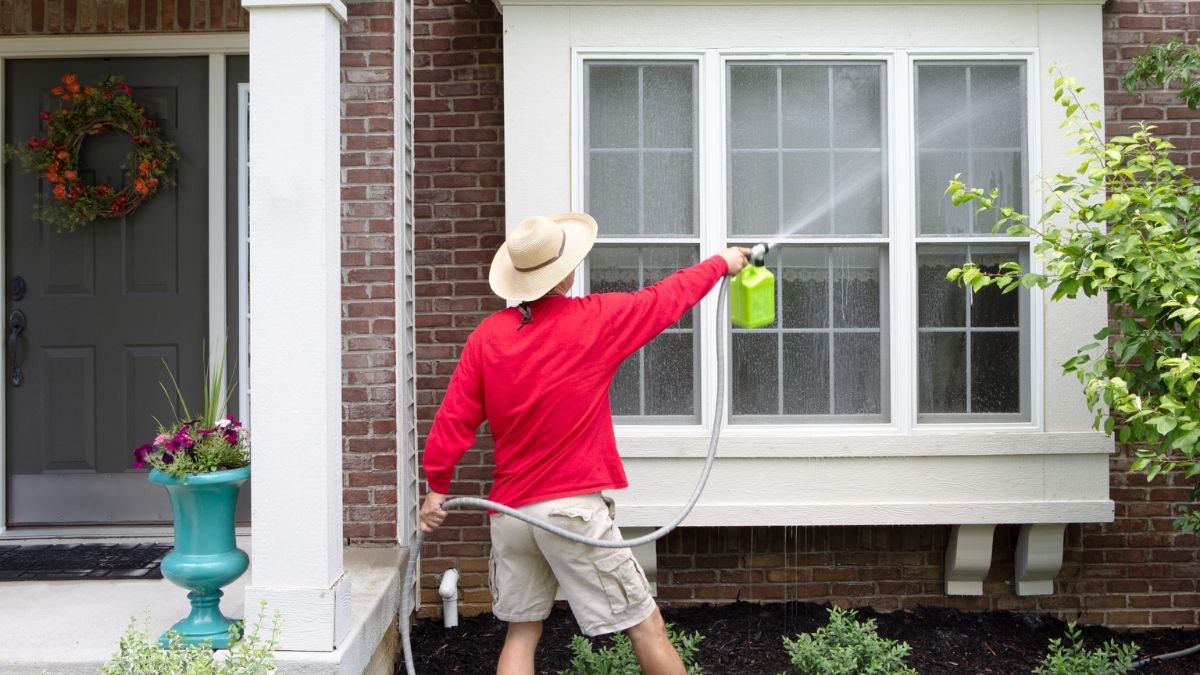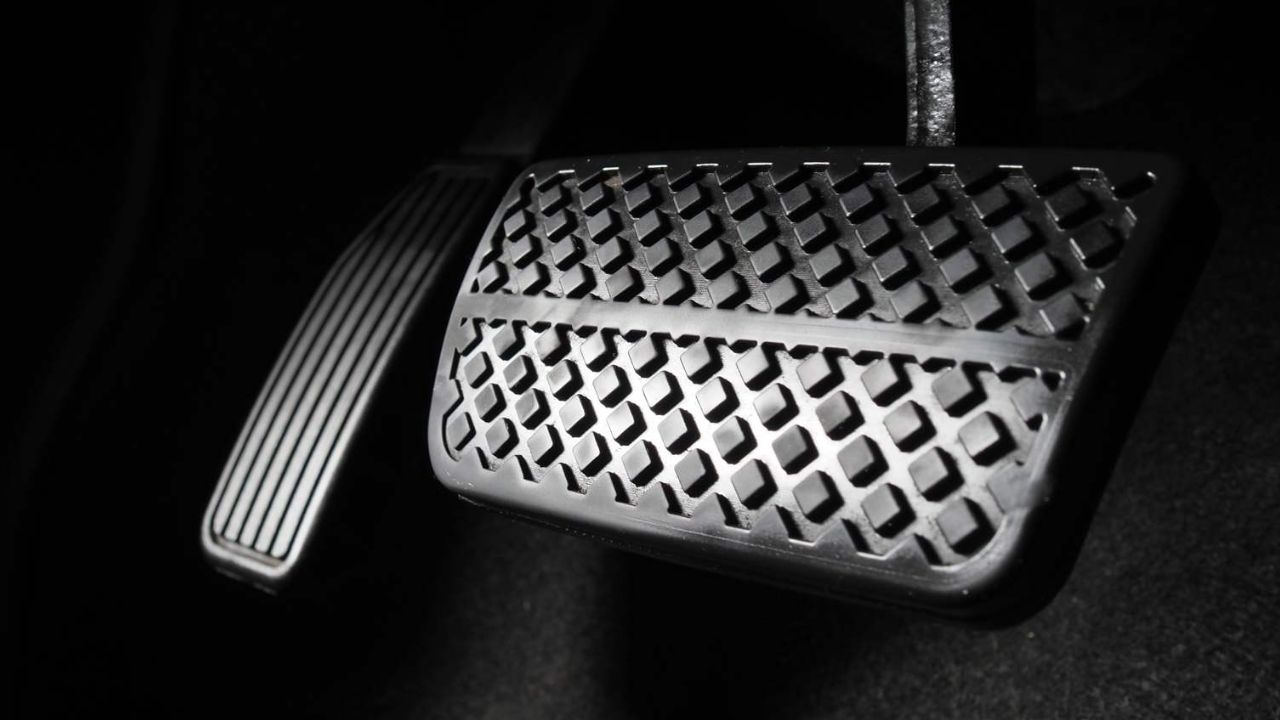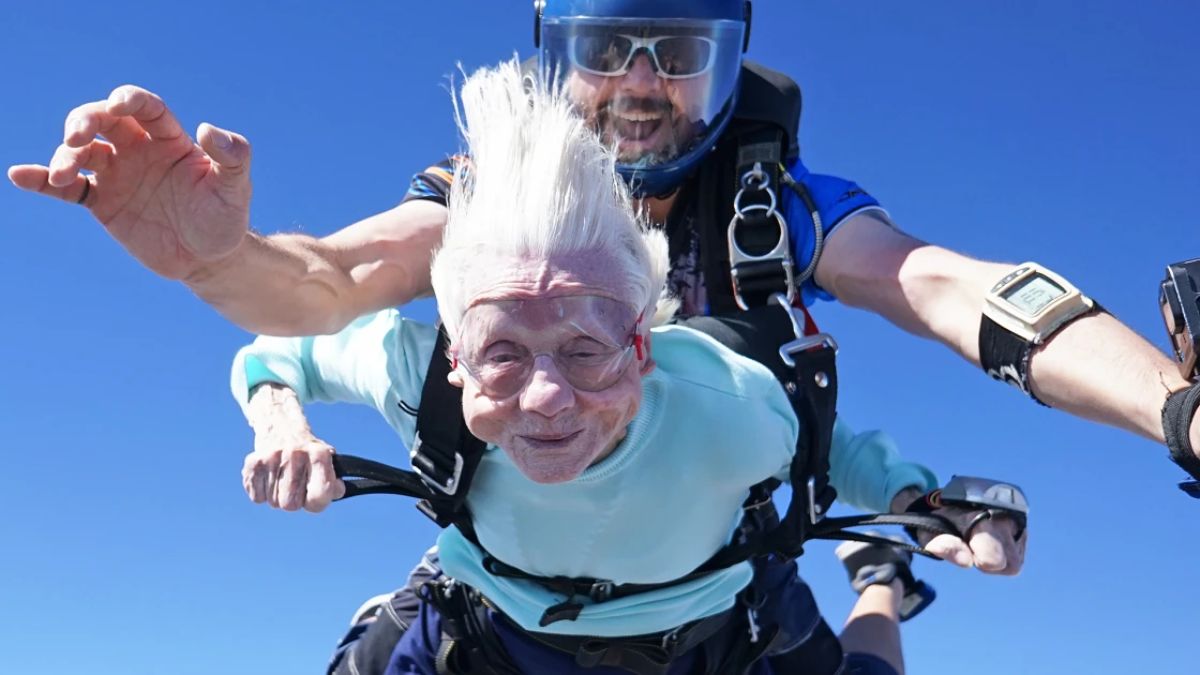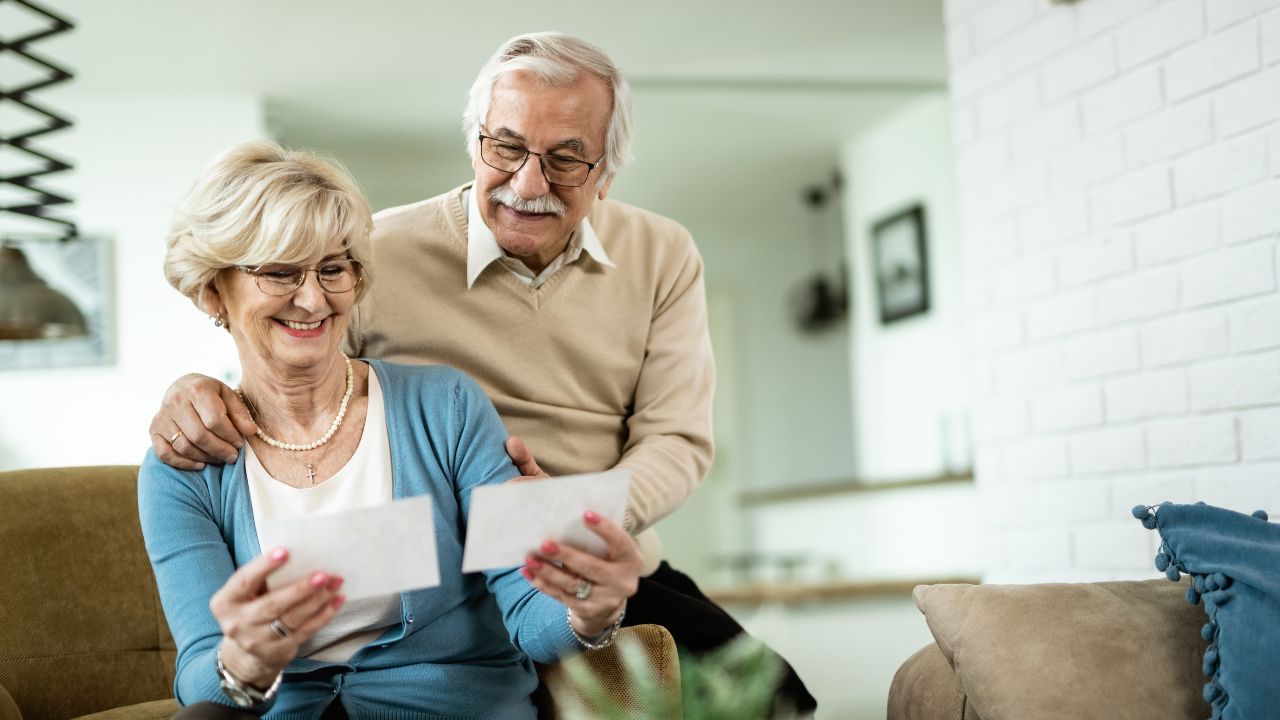If you think long walks or slow jogs are the go-to fitness solutions for folks over 60, think again. According to research from Harvard Medical School, the most beneficial activity for older adults isn’t pounding the pavement—it’s practicing martial arts. And no, it’s not about fighting or flying kicks. It’s about balance, mindfulness, and moving with purpose. Surprised? Most people are. But once you know why, it starts to make perfect sense.
Table of Contents
Movement
Aging gracefully isn’t about how fast you can go—it’s about how well you can move. That’s where martial arts come in. Styles like Tai Chi, Aikido, Wing Chun, and even gentle Jiu Jitsu are ideal for people in their 60s and beyond. These practices are low-impact and joint-friendly, yet they still work the entire body.
More importantly, they engage the brain. When you’re learning sequences of movements, you’re giving your memory and concentration a solid workout too. It’s like solving a puzzle with your body. Harvard researchers point out that these mind-body exercises improve what’s called “physiological complexity”—your body’s ability to respond to stress and change. That’s a big win in the fight against aging.
Balance
If there’s one thing most seniors worry about, it’s falling. But you know what helps with that? Practicing balance regularly—and martial arts are all about that. Tai Chi, for instance, is like moving meditation. You’re always shifting weight from one leg to another, focusing on your breath, and staying present.
This steady practice builds stability. It makes your core stronger, improves posture, and sharpens your reflexes. Wing Chun, with its short and precise movements, hones your ability to react quickly and stay grounded. Even if you’re just navigating uneven sidewalks or getting out of a car, you’ll feel more confident and secure.
Control
Unlike gym workouts where the goal is often to push harder or lift more, martial arts encourage control. You’re not racing against a clock. You’re learning to move with intention. In Aikido, for example, the philosophy is about blending with motion, not resisting it. That mindset is incredibly helpful not just for joints and muscles, but also for your nervous system.
And guess what? That kind of calm control spills over into daily life. You’ll likely find yourself handling stress more gracefully and sleeping better. That’s because these movements help regulate the body’s systems, especially when paired with breathing techniques.
Community
Let’s not ignore one of the most underrated benefits: social connection. Group martial arts classes are great for meeting people, especially for retirees who may not get as much daily interaction. There’s a shared journey, encouragement, and even laughter in learning something new together.
Feeling part of a community boosts mood and motivation. That weekly class might become a social anchor—something you look forward to not just for fitness, but for fun and friendship. It’s also been shown that seniors who stay socially active live longer, healthier lives.
Adaptability
Martial arts can be scaled for all fitness levels. New to movement? Start with a beginner Tai Chi class. Want a bit more challenge? Look into modified Jiu Jitsu with a focus on gentle grappling and movement drills. The key is finding an instructor who knows the needs of older adults.
Check in with your doctor first, of course. But once you get the green light, there’s likely a class near you that welcomes beginners with open arms.
Here’s a quick comparison table:
| Martial Art | Best For | Key Benefit |
|---|---|---|
| Tai Chi | Balance & Mindfulness | Stress relief, joint safety |
| Aikido | Gentle Flow | Flexibility, mental calm |
| Wing Chun | Reflex Training | Coordination, confidence |
| Modified Jiu Jitsu | Body Awareness | Fall prevention, control |
The bottom line? You don’t have to jog around the block or hit the weight bench to stay fit. Martial arts offer a smarter, more sustainable path to health after 60. It’s about growing stronger from the inside out—body, mind, and spirit.
You don’t age out of movement. You just need the right kind. With martial arts, every step, stance, and breath is an investment in staying sharp, steady, and strong. So why not give it a try?
FAQs
Is Tai Chi safe for seniors over 70?
Yes, Tai Chi is low-impact and very safe for seniors.
Can martial arts help with balance issues?
Absolutely. Arts like Tai Chi improve balance and prevent falls.
Do I need prior experience to start?
No experience needed. Most classes welcome total beginners.
Are there martial arts classes just for seniors?
Yes, many centers offer age-specific beginner programs.
What’s better—Tai Chi or walking?
Tai Chi offers mental and physical benefits beyond walking.

